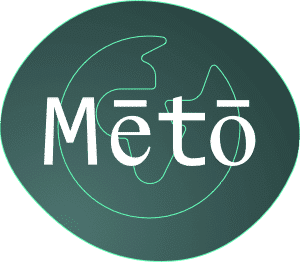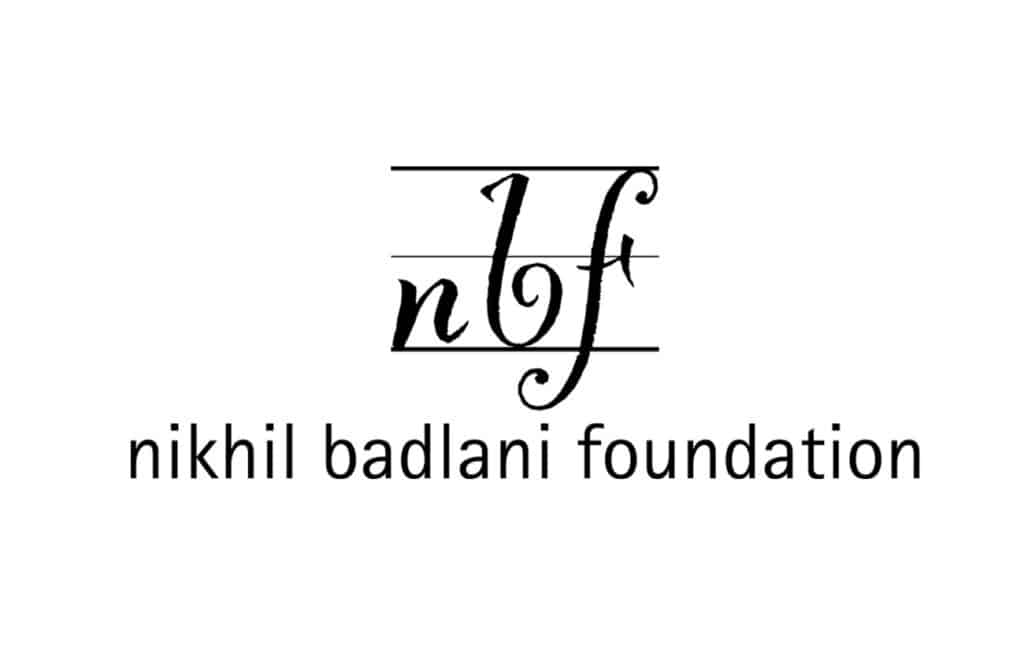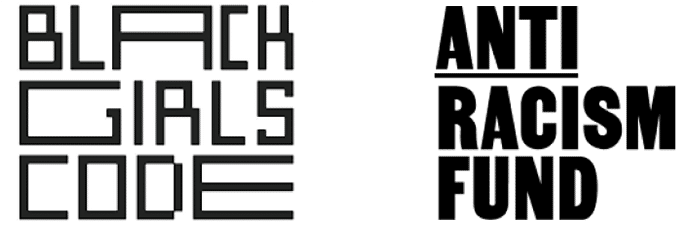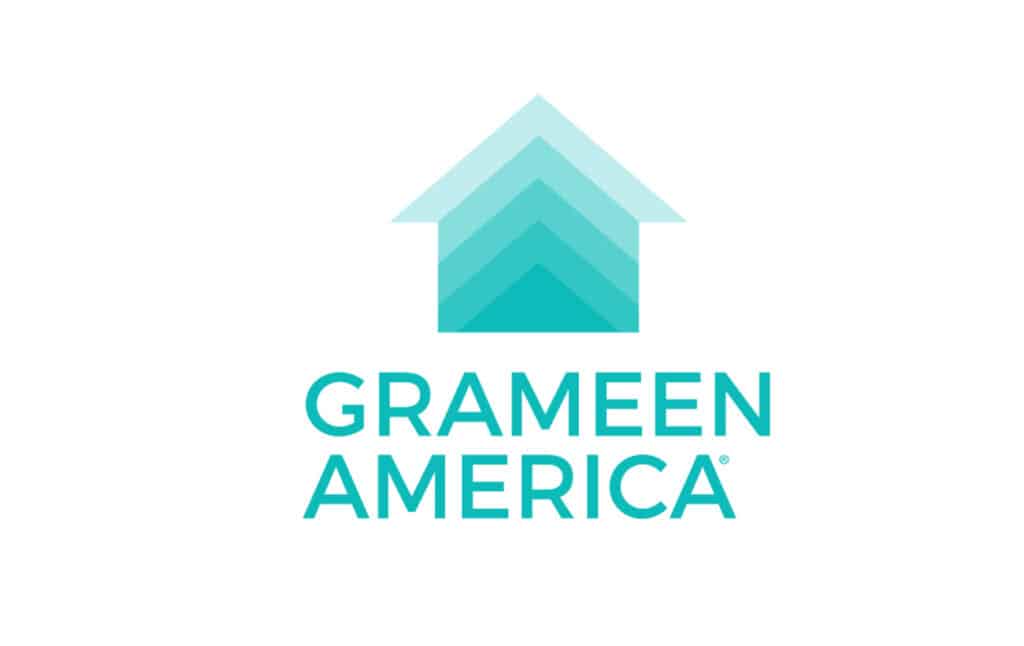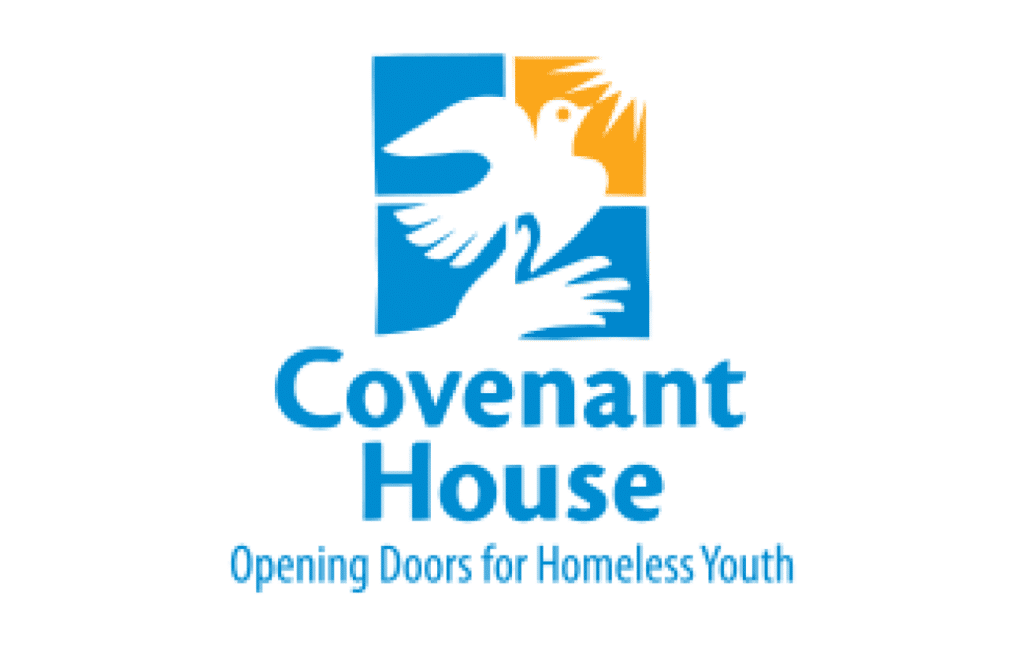Since the Trademark Modernization Act became law on Dec. 27, 2020, courts
across the country have begun applying the new statutory rebuttable presumption
that irreparable harm arises from a Lanham Act violation.
This article examines trends in trademark injunction decisions in the year following
enactment and the impact of the presumption on trademark cases going forward.
Federal Court Trends
Injunctions are the usual remedy for trademark violations. For years, courts
presumed irreparable harm from trademark infringement and granted injunctions
as a matter of course for successful claims.
But after the U.S. Supreme Court held in the 2006 eBay Inc. v. MercExchange LLC
decision that no such presumption arose for successful patent infringement
claims, courts split over whether the holding extended to trademark claims.
The U.S. Court of Appeals for the Sixth Circuit and district courts in the Fourth
Circuit and D.C. Circuit generally kept the presumption in trademark cases, while
the U.S. Courts of Appeals for the Third, Ninth and Eleventh Circuits and some
district courts in other circuits rejected the presumption.
On Dec. 27, 2020, Congress resolved this split by amending the Lanham Act to
codify the presumption.
This codification has seemingly encouraged trademark owners and courts. Table 1
below provides data from 2017 through 2021 on temporary restraining orders and
preliminary injunction decisions in trademark cases across the federal courts. 2021
achieved new highs in terms of decisions, grants, and grant rate, and also produced
the sharpest year-over-year increases in the number of decisions and grants.
Trademark TRO and Preliminary Injunction Decisions across Federal Courts
2017 2018 2019 2020 2021
Decisions 897 1,144 1,324 1,494 2,147
Grants 601 898 1,042 1,204 1,835
Grant Rate 67% 78% 79% 81% 85%
Source: Docket Navigator (Jan. 21, 2022)
Naturally, the greatest impact has been in courts that had rejected the presumption before the TMA.
Among the jurisdictions with prior circuit-level precedent rejecting the presumption, district courts in
the Ninth Circuit and Eleventh Circuit have now reversed course, citing the TMA in granting at least
nine injunctions.
Likewise, district courts that had previously rejected the presumption without circuit-level precedent
have now cited the TMA in granting injunctions, including the U.S. District Court for the District of
Massachusetts, the U.S. District Court for the Southern District of New York and the U.S. District
Court for the Northern District of Texas.
Table 2 below provides data on TRO and preliminary injunction decisions in trademark cases in the
Southern District of New York from 2017 through 2021. After multiyear decreases in decisions, grants
and grant rate, 2021 brought new highs across the board.
Table 2
Trademark TRO and Preliminary Injunction Decisions in S.D.N.Y.
2017 2018 2019 2020 2021
Decisions 72 151 121 113 186
Grants 53 131 103 85 164
Grant Rate 74% 87% 85% 75% 88%
Source: Docket Navigator (Jan. 21, 2022)
Litigating the Statutory Presumption of Irreparable Harm
The statutory presumption has reduced uncertainty and burdens for trademark owners with meritorious claims. Of course, a presumption does not guarantee that an injunction will issue in every case. This
section examines the practical impact of the presumption in its first year of application and what it may
mean for litigants going forward.
Before the TMA was passed, trademark owners often faced uncertainty about the allegations and
evidentiary showings necessary to prove irreparable harm, even in uncontested cases.
As a result, trademark owners often grappled with whether and how to develop this kind of evidence,
particularly in some of the largest consumer markets like New York and California where the federal
courts had previously rejected the presumption.
The new presumption alleviates this uncertainty, especially in cases in which the defendant defaults or
otherwise does not challenge the presumption.
In deciding contested motions, courts have addressed arguments to support and refute irreparable
harm in light of the statutory presumption. Here are some key takeaways and open questions from the
first year of decisions.
When does the presumption arise?
There must be a threshold showing of a Lanham Act violation before the presumption will apply.
Decisions denying injunctive relief despite referencing the TMA tend to be in cases in which the showing
on the merits of the trademark claim was insufficient to trigger the presumption in the first place.
What does it take to overcome the presumption?
At least one court, the U.S. District Court for the Central District of California in the November Theorem
Inc. v. Citrusbyte LLC decision, characterized the presumption as “heavy,” citing J. Thomas McCarthy’s
leading treatise “McCarthy on Trademarks and Unfair Competition” in the process of granting a
preliminary injunction.
It bears monitoring whether this articulation of the standard gains traction. Among other things, it could
affect the degree to which pre-TMA arguments against irreparable harm remain viable today, or
increase the difficulty of proving up those arguments.
What kinds of evidence rebut the presumption?
Jurisdictions that had previously rejected the presumption are in the process of reevaluating their preTMA precedent regarding evidence that supports or refutes irreparable harm.
For example, in the Mountain Mike’s Pizza LLC v. SV Adventures Inc. decision in December, the U.S.
District Court for the Eastern District of California denied a TRO where it found the showing of
irreparable harm insufficient in comparison to the types of evidence that pre-TMA Ninth Circuit
decisions endorsed, such as market-based evidence of lost goodwill in the form of customer
declarations. This decision suggests that the presence or absence of affirmative evidence may yet
hold sway in some courts.
That decision and the ReBath LLC v. Foothills Service Solutions Co. decision in June from the U.S. District
Court for the District of Arizona, a sister court within the Ninth Circuit, seemingly reached opposite conclusions as to whether the trademark owner’s potential loss of control or goodwill must be bolstered
by actual evidence, and whether the presumption is overcome by the defendant’s voluntary
cessation of the challenged use.
Courts seem to agree that delay in bringing suit retains a significant role as evidence rebutting
irreparable harm in the context of preliminary relief. Under the statutory presumption, preliminary
injunctions and TROs have been denied in cases involving delays of a month, two to four
months, and nine months.
Courts appear ready to focus on delay in evaluating the likelihood of irreparable harm, particularly
where trademark owners offer little or nothing beyond the presumption itself. Thus, trademark owners
seeking injunctions should remain vigilant about enforcing their rights or be prepared to make an
affirmative showing of irreparable harm.
Conclusion
At the one-year mark, the TMA’s codified presumption of irreparable harm has reduced uncertainty for
trademark owners seeking to enjoin infringement. This effect has been particularly significant in
jurisdictions that had previously rejected the presumption, including in markets like New York and
California.
While the statutory presumption does not guarantee an injunction, and some open questions remain,
trademark owners who have viable claims and diligently enforce their rights will likely find it easier to
stop infringement in courts across the country.


